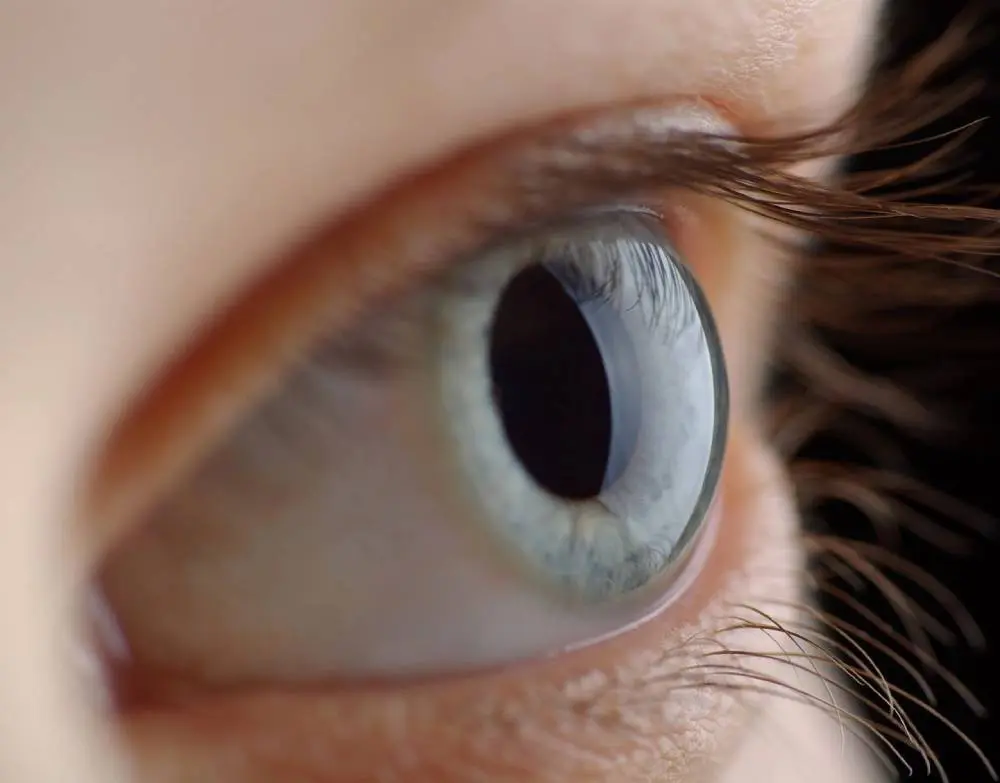We specialize in the following:
- Cataracts & Cataract Surgery
- Glaucoma & Glaucoma Management/Treatments (Laser & Surgery)
- Diabetic Retinopathy
- Macular Degeneration
- Dry Eyes

Components of a Comprehensive Eye Exam
Tests commonly performed during a comprehensive exam include:
- VISUAL ACUITY TEST: Measures the sharpness of your vision. This test helps your doctor determine if corrective lenses or another procedure would be beneficial.
- REFRACTION:Determines your precise eyeglass prescription. During a refraction, you comfortably rest your chin on the stabilizing plate of an autorefractor while you are shown a series pictures, numbers, letters, or symbols through different lenses. Dr. Mai will then ask you a series of questions regarding which of lens in each choice looks clearer, 1 or 2, 3 or 4.
- SLIT LAMP EXAM: Examines the all structures located in the eye, such as the cornea, lens, iris, retina and optic nerve. A slit lamp looks somewhat like a large, upright version of a microscope. Like a regular microscope, a slit lamp allows your doctor to view the ocular parts of your eyes under high magnification.
- GLAUCOMA TESTS: Measures pressure inside your eyes to determine if you are developing glaucoma. Rather than using the puff of air as in days of old, we use an I-Care device and/or Goldmann method to measure your intraocular pressure (IOP). For this test, Drs. Tsai will put eye drops in your eyes to numb them. Your eyes will feel slightly heavy when the drops start working. This is NOT a dilating drop — it is a numbing agent that enables your doctor to gently touch the surface of your eye to measure its pressure while you sit comfortably. At most, you may feel the I-Care tickle your eyelashes. The whole test takes just a few seconds. In addition, we have technology to analize the optic nerve, macula and retina. These highly specialized tests will be done accordingly and interpreted by Drs. Tsai. Not many practices have the state of the art glaucoma devices that we have in our office.
- PUPIL DILATION: Enlarges pupils to enable Drs. Tsai to see and evaluate the health of the internal structures of your eyes. Dilating drops usually take 20 to 30 minutes to start working. When your pupils are dilated, you will be sensitive to light and you may notice difficulty focusing on objects up close. You should bring sunglasses with you to your eye exam to minimize glare and light sensitivity on the way home. Having a driver to take you home after your exam is also recommended.
- VISUAL FIELD TEST: Checks for the possible blind spots in your vision. This test is typically only performed if you have been diagnosed with a pre-existing eye disease, like glaucoma, or if your doctor suspects there may be eye disease present.
COMPREHENSIVE EYE EXAMS FOR ADULTS
Eye examinations are an important part of health maintenance for everyone. Adults should have their eyes tested to keep their prescriptions current and to check for early signs of eye disease. An annual eye examination is recommended for every person after age 40, even if you have not been diagnosed with an eye disease and are not experiencing any problems with your vision. If you already wear eyeglasses or contact lenses or are experiencing any problems with your vision, you should have a complete eye examination to determine the status of your vision.
In addition to evaluating your eyes for glasses and contact lenses, Dr. Mai will check your eyes for eye diseases and other problems that could lead to vision loss. Many eye diseases, such as glaucoma and diabetic eye disease, have no symptoms in their early stages. In most cases, early detection and treatment of eye diseases can help reduce your risk for permanent vision loss.
Our doctors will also take the time to discuss any issues or concerns you may have about your test results, or questions you may have about available procedures. If you need glasses or contact lenses, Dr. Mai will guide you through all the available lenses to find what will best fit your lifestyle needs.
Our physicians examine and treat eye disorders and diseases and coordinate all post-operative care. We provide 24 hour/7 days a week emergency care so that you know your vision is protected at Advanced Eye Care of Tucson.
